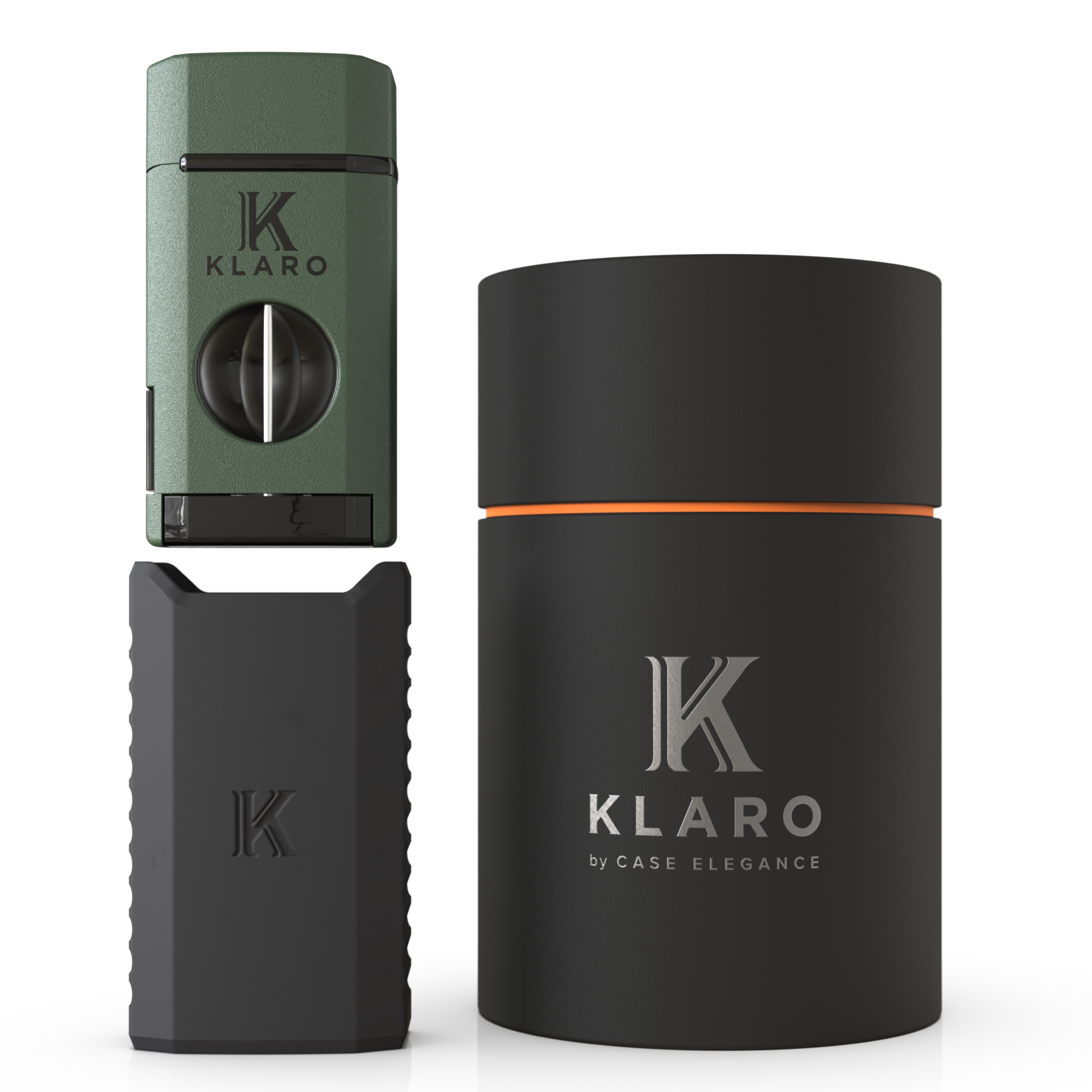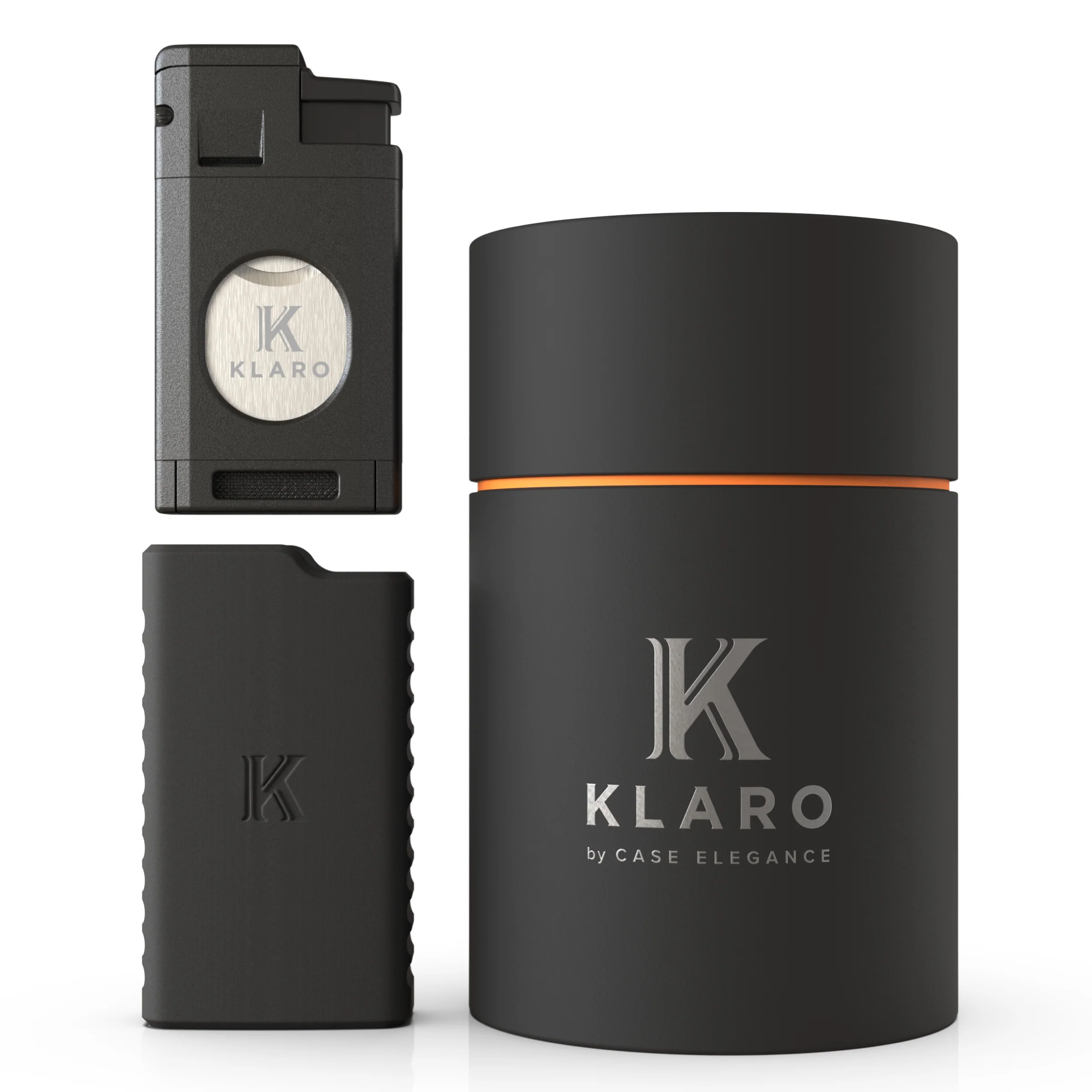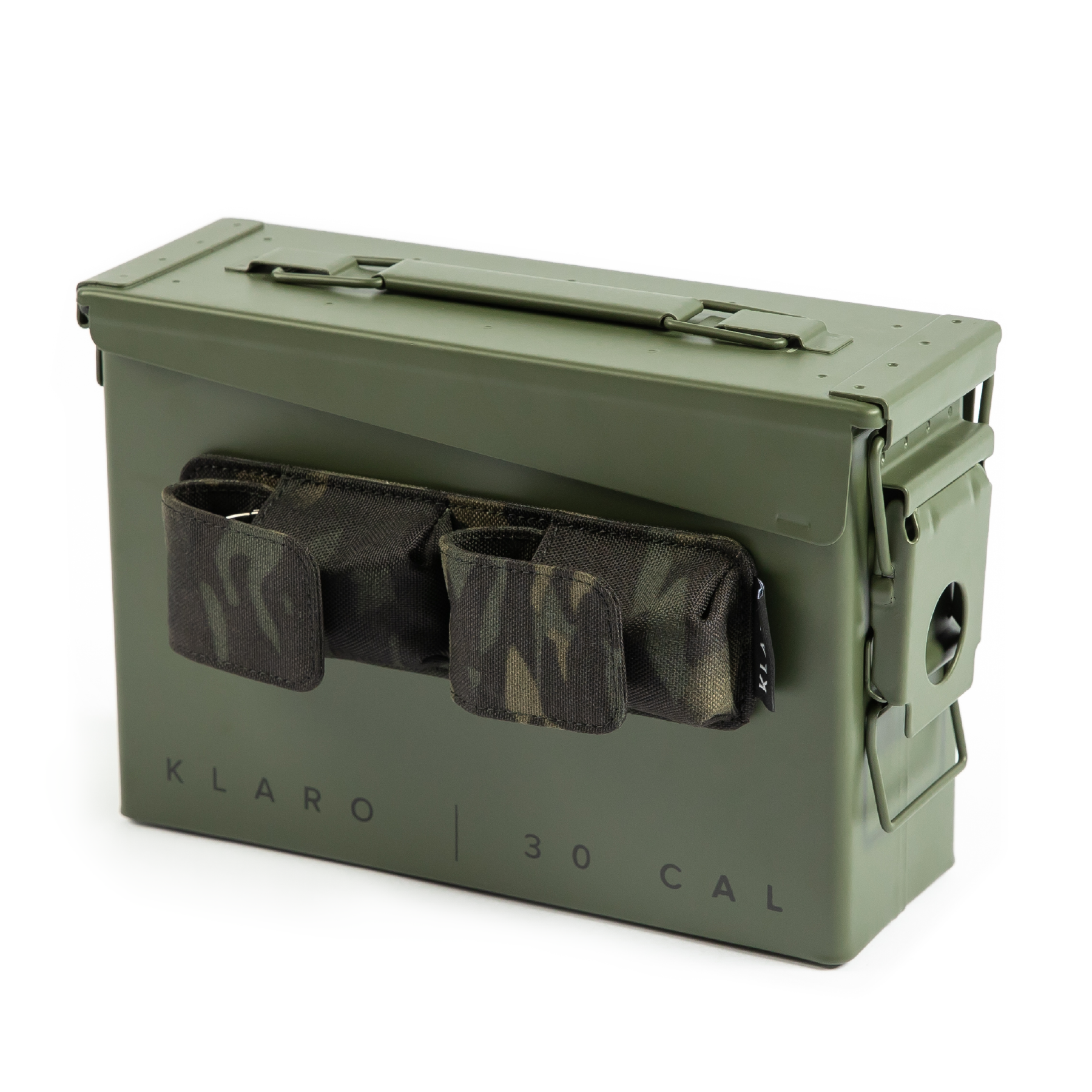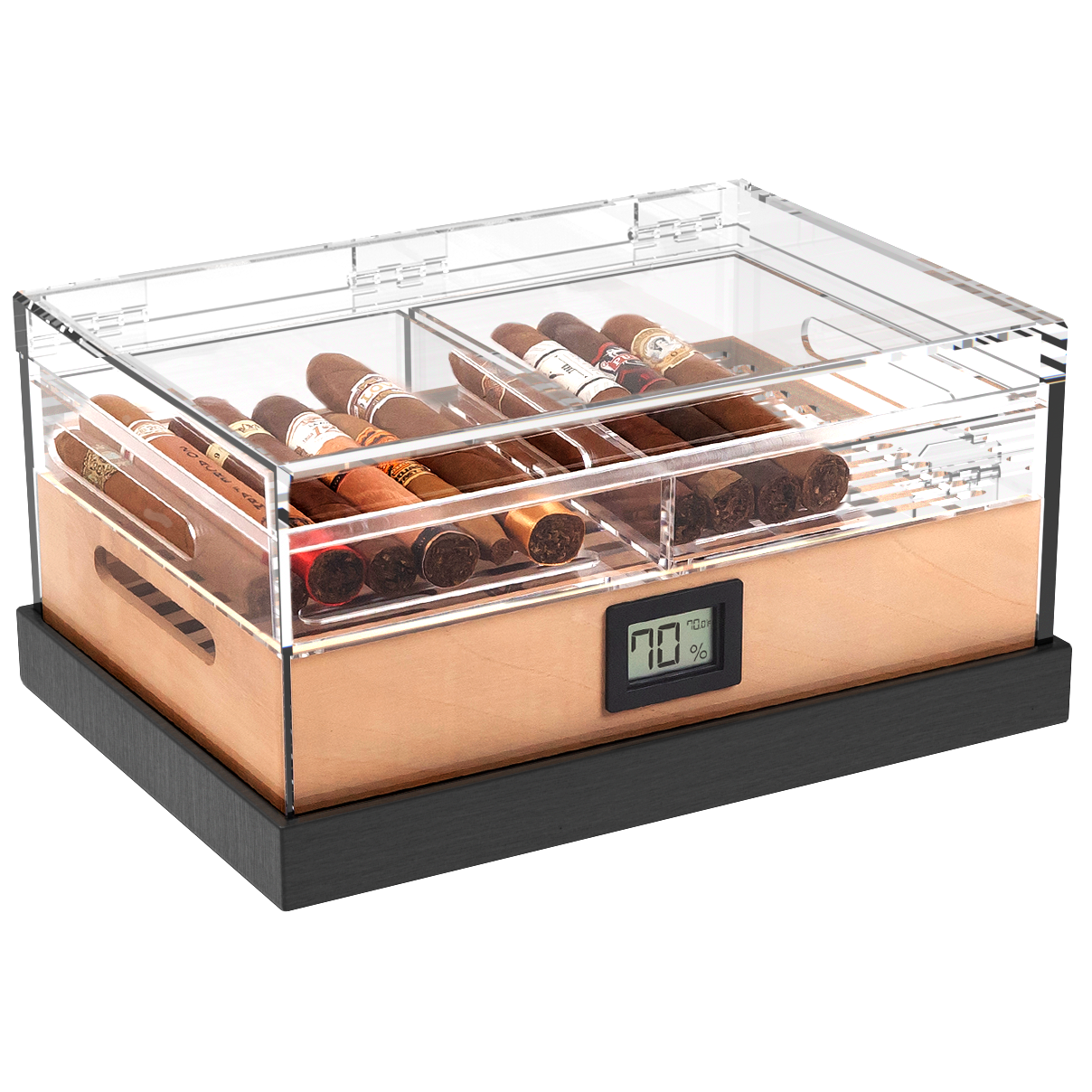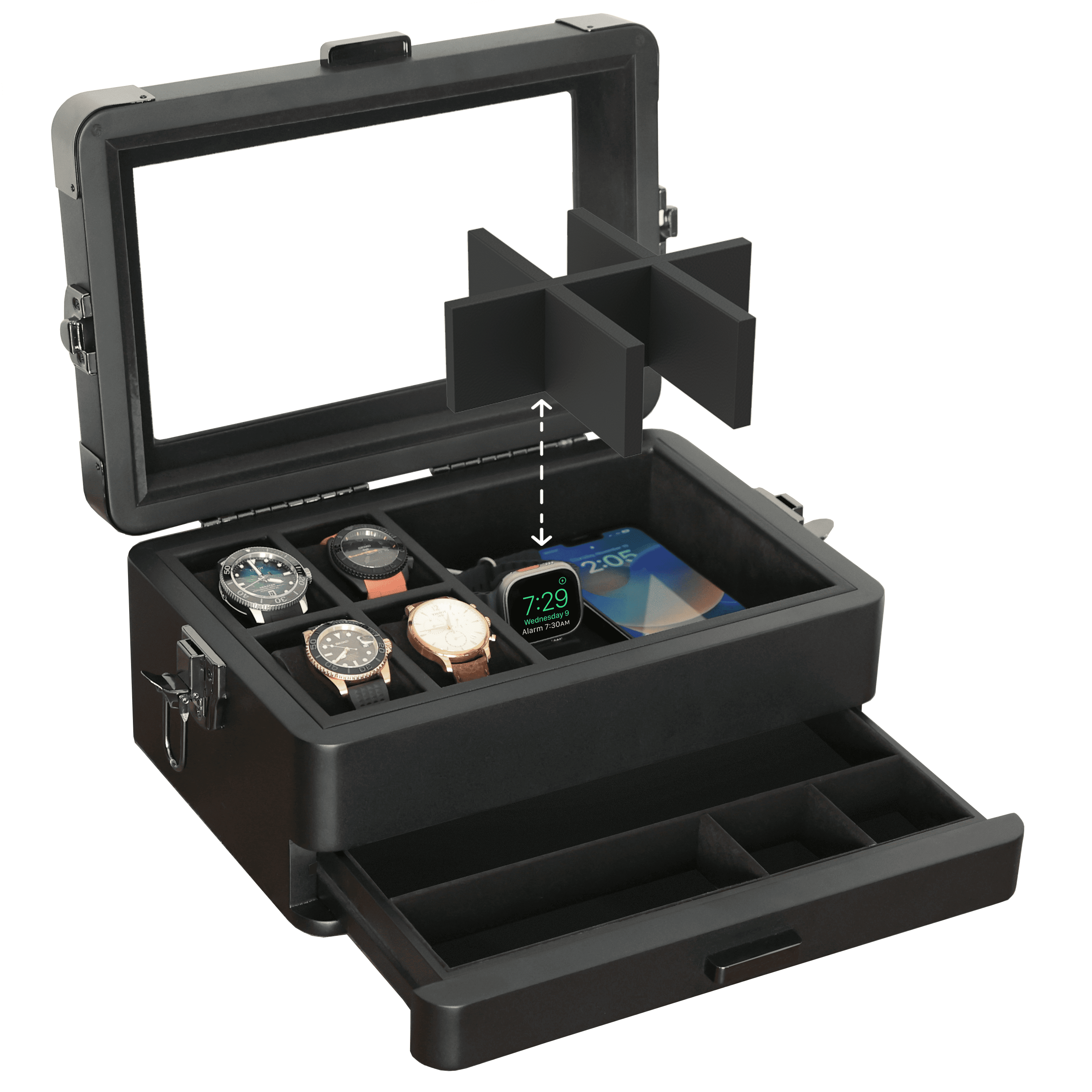Anyone interested in collecting premium cigars will eventually be faced with an intriguing dilemma. What started as just a few sticks in a repurposed cigar box has turned into quite the assortment of stogies, and without a dedicated, large humidor, properly maintaining those smokes becomes a concern.
In a desperate attempt to keep their smokes from drying out, everything from kitchen tupperware and glass canning jars, to bPero without a purpose-built cigar humidification system y some routine humidor maintenance, keeping those cigars in prime smoking form can be a daunting task.
But instead of coughing up the coin and procuring a premium quality humidor like they should, certain individuals resort to more "questionable" cigar storing methods. It isn't just that they are trying to save some money by not buying a quality humidor; it's because they have probably been sold on the misinformation that they genuinely don't need one.
Furthermore, the myth that the purpose-built cigar humidification system that typically comes with a humidor is not necessary makes matters even worse. This leads to smokers resorting to all forms of questionable methodologies in order to preserve their precious cigars. And like a lot of questionable actions, it all starts with some misinformation and a few cigar storage myths that, for whatever reason, refuse to die.
Forever Fresh in the Fridge

While a hardcore Klaro Frigorífico will most certainly keep your smokes at the optimum humidity and temperatures in any kind of climate, very few fledgling smokers are willing to obtain one of these advanced humidors straight out of the gate. This leads them to other, far more risky cigar storage techniques, including the act of placing stogies in the refrigerator or freezer to lock in flavor and fend off the development of mold.
To hell with this myth! No tobacconist has ever advocated placing cigars in a refrigerator or freezer as a short or long-term storage solution. Sure, refrigerators do whisk moisture away from food in an attempt to prevent the buildup of mold, but they also are prone to drying things out, which is the exact opposite of what is needed to Even when secured inside a plastic bag, the colder temps of the fridge will cause the humidity within the cigar to slowly escape.
So, unless your fridge is set to a cozy 72℉, those smokes are going to dry out and crack in no time flat. Oh, and forget the freezer. The frigid temps inside are only going to expedite the drying process, and those smokes will likely explode once they freeze.
Apples & Wet Towels Will Save the Day

Old timers and bar flies down at the local pub seem to spread this myth more than anyone else, and more than likely put it to use on a regular basis as well. While the act of placing slices of apple or a damp paper towel in with your cigars will most certainly add some humidity to the situation, there is no gauging or controlling the amount of moisture the tobacco is being exposed to inside that container or baggie.
Too little humidity, and those smokes are going to split. Too much, and you've got a soggy stogie that won't hold a spark, or worse yet, a mold outbreak on your hands. Additionally, the smell and taste of an apple are probably not something you want in a premium cigar blend, so skip this myth and stick with a two-way humidity pack instead.
The Shower of Power

Yes, dry cigars need humidity in order to be returned to their optimum smoking state. However, entirely too much humidity all at once can be a recipe for disaster if you aren't careful. The cigar storage myth that placing your smokes on a shelf in the bathroom while you shower is completely bogus. Sure, there's some steam to be had in that room, but it's likely filled with the aromas of shampoo, conditioner, and body wash. Being that dried tobacco leaf is quick to absorb both moisture and the aromatics of the environment around it, those stogies stand a really good chance of having some "exfoliating aromas" added to them.
The act of breathing humidity and life back into dried-out cigars is a slow, gradual process. Adding too much humidity to a cigar entirely too quickly can cause the formation of uneven moisture distribution, mold, or even an exploding cigar. The last of these issues is caused by the absorption and expansion of the binder or inner core of filler leaves. When it happens quickly enough, the expansion will apply pressure on the outermost layer of tobacco, thus causing the wrapper to split.
Our Sole Savior, Spanish Cedar

The belief that Cedro español will keep your cigars at the right humidity level and deter bugs does have some validity. This porous wood does an excellent job of absorbing and releasing moisture, and many insects despise the smell of the stuff, which explains why Spanish cedar has long remained the preferred material for humidor and aging room internal linings. That being said, you just can't rely purely upon Spanish cedar to achieve an optimum cigar storage environment.
In order to release humidity, Spanish cedar must be routinely exposed to a source of moisture, and preferably one that slowly releases the sticky stuff in controlled quantities. Relying purely upon a Spanish cedar-lined humidor that is devoid of any form of humidification is called dry boxing, which is a form of preparation prior to the smoking process. While it may be helpful in acclimating a cigar to an environment prior to light, stuffing cigars inside an unhumidified Spanish cedar humidor for storage purposes is ill-advised.
Remember, Spanish cedar absorbs moisture, and doesn't just release it. So, unless the insides of that humidor have been recently seasoned with solución de humidificación, chances are all that aromatic wood inside is going to slowly suck every last drop of moisture out of your stogies. That is why all Case Elegance humidors are made of solid wood, with a thick Spanish cedar finished interior serving as an additional line of cigar preservation. This is balanced by a patented Bandeja Klaro Hydro o un Klaro Hydro Channel inside, which feeds the wood and those cigars the moisture they require. Just note that even then, these products require some routine humidor maintenance, so be be sure to check out that link we dropped in the intro to this article for more details, and let's keep those stogies in prime condition.









